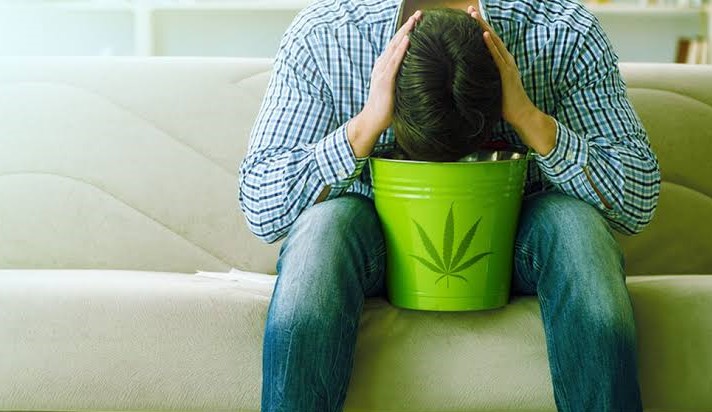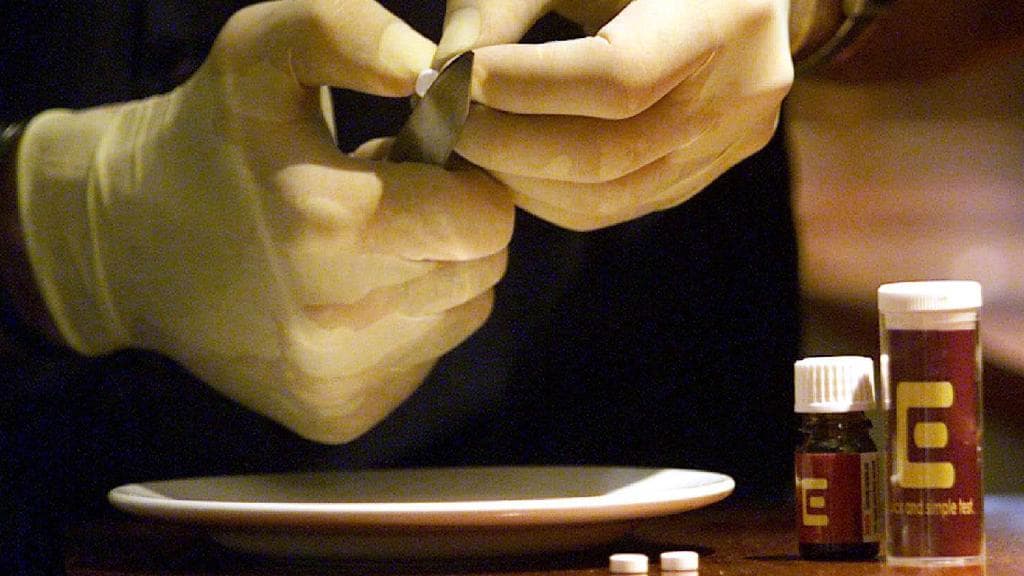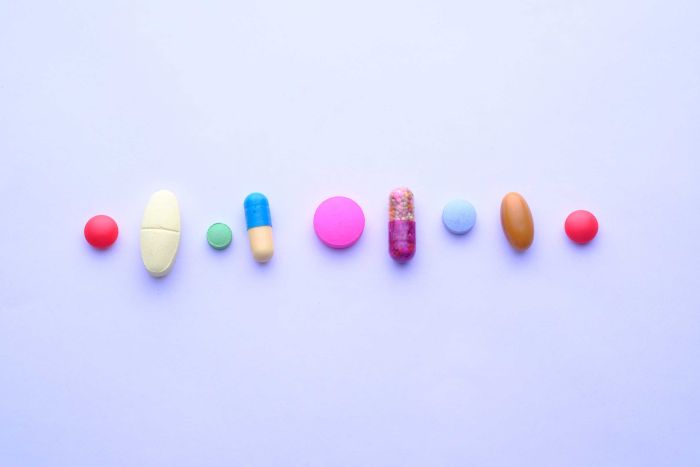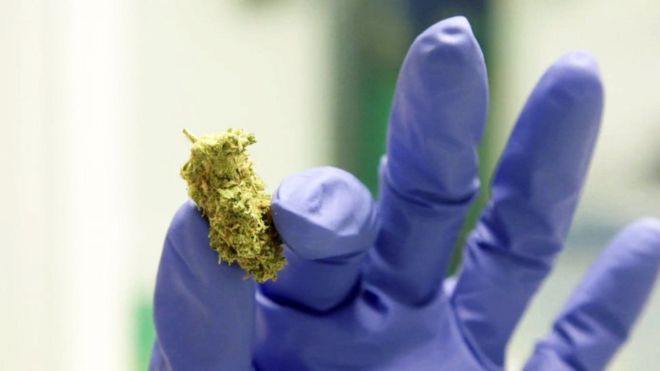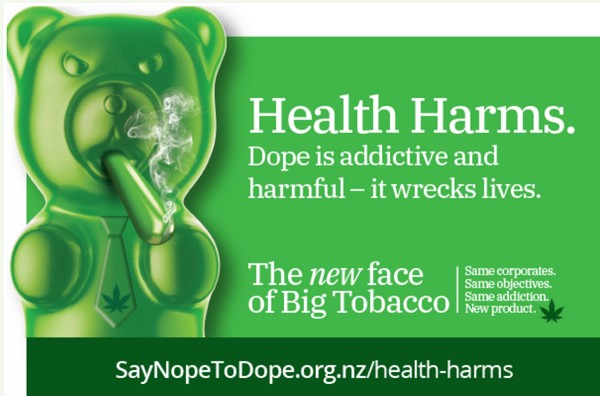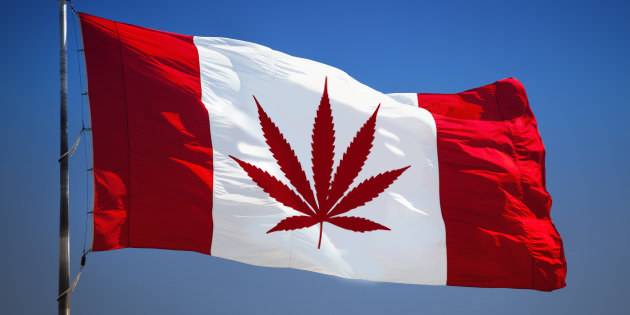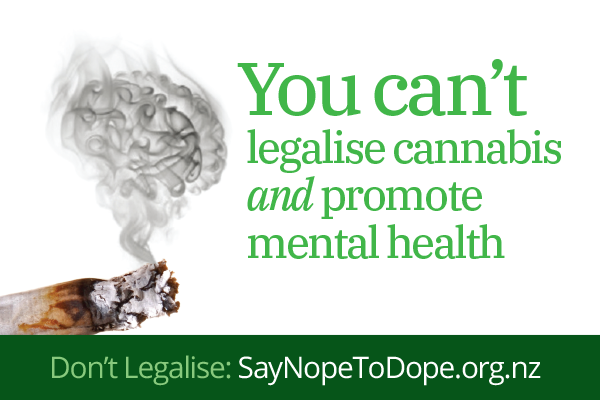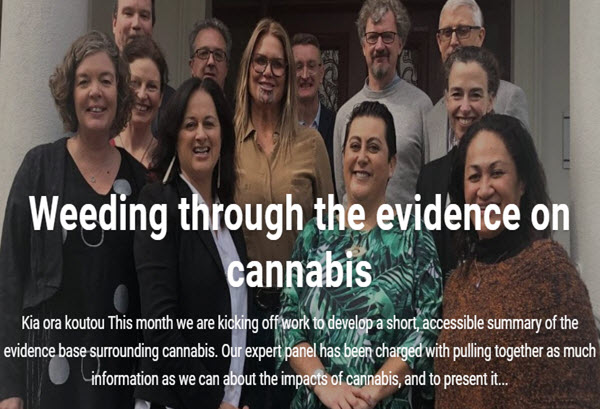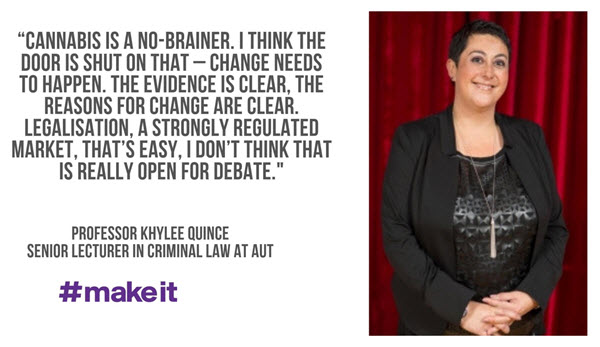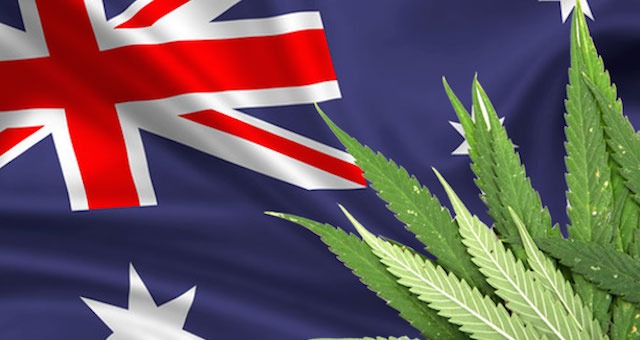
The Australian 7 October 2019
Family First Comment: The evidence is building, yet even Australian politicians want to put their head in the sand…
The review of medical literature also examined Australian research, which concluded that regular cannabis users doubled their risk of experiencing psychotic symptoms — including schizophrenia — and were at an increased risk of screening positively for psychosis. “The evidence base regarding adverse health effects linked to cannabis use has broadened considerably since the gradual decriminalisation, and in some cases legalisation, of the substance in certain international jurisdictions,” the department says. “Adverse health outcomes as a result of regular cannabis use are not limited to mental health and psychotic symptoms.”
Regular use of cannabis doubles the risk of psychotic symptoms ¬including schizophrenia and is closely associated with anxiety disorders, depression and -psychosis, says official advice to the Morrison government triggered by the passage of new laws in the ACT.
The briefing paper prepared for Health Minister Greg Hunt reveals extensive links between cannabis use and adverse mental health affects, which have “broadened considerably” as marijuana is decriminalised.
In the three-page brief obtained by The Weekend Australian, the Health Department lists five “key issues” or research findings to consider after the ACT Legislative Assembly passed a ¬private member’s bill allowing adults to possess 50gm of cannabis and grow two plants. Individual households can have up to four plants.
The department notes there has been a sizeable body of work analysing the adverse physio¬logical and mental health effects of recreational cannabis use, des¬pite marijuana being decriminalised only in a small ¬number of jurisdictions.
It points to research from the US state of Colorado that found daily or near-daily cannabis use was associated with the development of a psychotic disorder.
The review of medical literature also examined Australian research, which concluded that regular cannabis users doubled their risk of experiencing psychotic symptoms — including schizophrenia — and were at an increased risk of screening positively for psychosis.
“The evidence base regarding adverse health effects linked to cannabis use has broadened considerably since the gradual decriminalisation, and in some cases legalisation, of the substance in certain international jurisdictions,” the department says.
“Adverse health outcomes as a result of regular cannabis use are not limited to mental health and psychotic symptoms.”
The department advised that a 2018 Canadian Medical Association Journal report found an overwhelming volume of evidence outlining the biological harm of cannabis use, including brain changes, adverse cognitive outcomes, negative pregnancy outcomes and testicular cancer.
The briefing also says a psycho¬active component in cannabis called tetrahydrocannabinol, the main chemical responsible for the drug’s psychological effects, increased by almost 30 per cent throughout the late 1990s and early 2000s.
This was linked to exacerbated symptoms of anxiety, depression and psychotic symptoms in “naive” users and increased psychotic symptoms and dependence in “experienced” users.
In Colorado, the first US state to legalise marijuana, emergency department visits due to cannabis increased slightly while the acute effects of THC — including hallucinations, paranoia and delusional beliefs — markedly increased with higher doses.
Government sources said the departmental advice was a “devastating confirmation” of the health and mental health effects of recreational cannabis and urged ACT Chief Minister Andrew Barr to explain what health advice he received before supporting the legislation.
The federal government also wanted to know whether the territory government was aware of any studies that contradicted the broad global evidence of real and significant mental health effects from cannabis use.
Mr Hunt said he was “deeply concerned about the very real risks cannabis can pose to physical health and, in particular, to mental health”. “This is why cannabis is a highly regulated drug,” he said. “Legalising recreational cannabis is dangerous and medically irresponsible.”
https://www.theaustralian.com.au/nation/politics/cannabis-use-increases-risk-of-psychotic-cases/news-story/c95979450145c9a346e56c9a3192a7b0 (behind paywall)
 Keep up with family issues in NZ.
Keep up with family issues in NZ.
Receive our weekly emails direct to your Inbox.

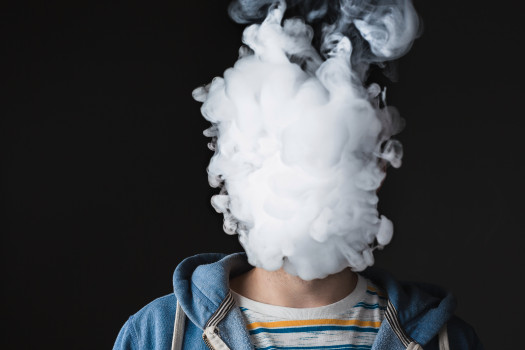
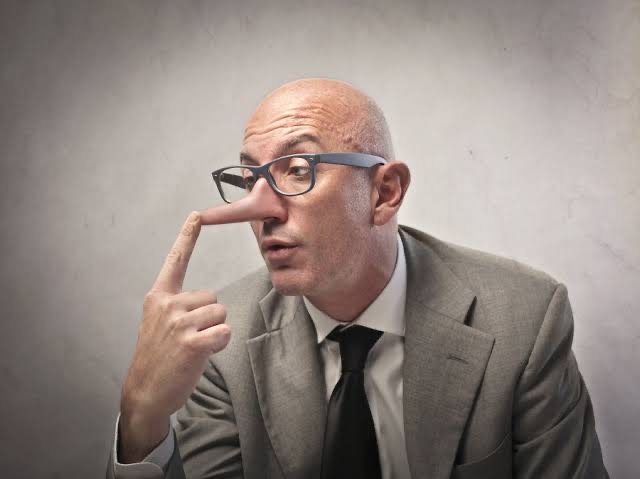
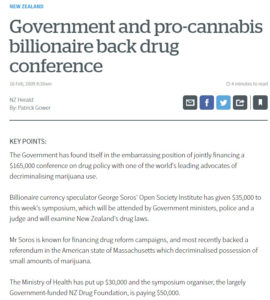
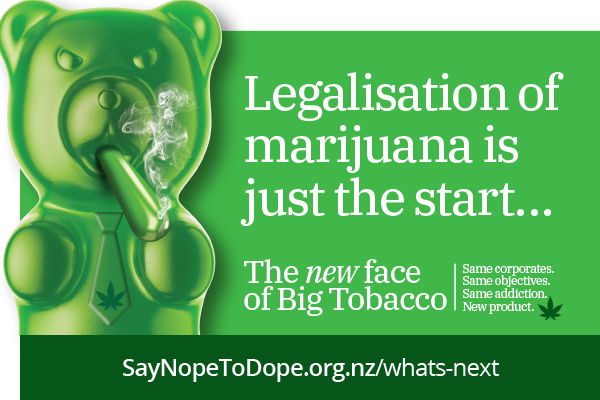 THEN IT WAS YES TO DECRIMINALISATION 2013
THEN IT WAS YES TO DECRIMINALISATION 2013